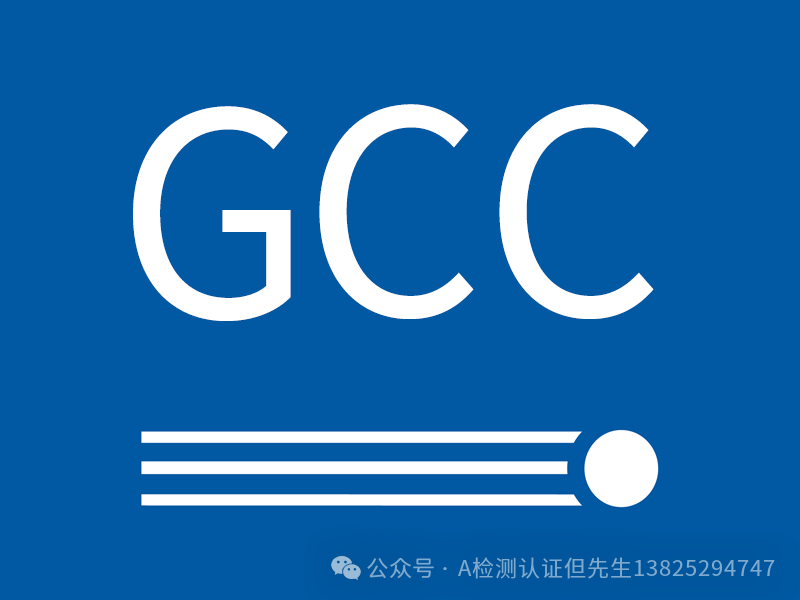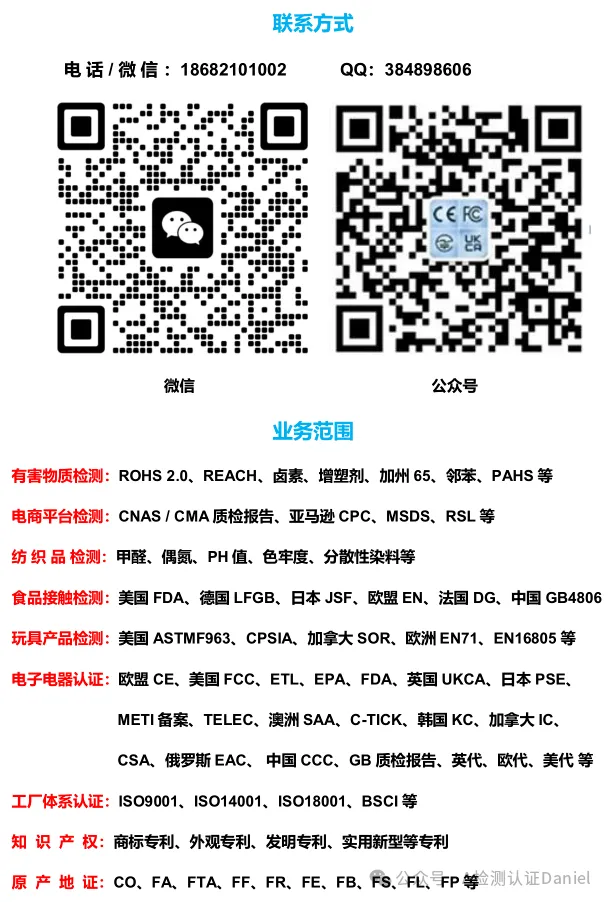What is the GCC certificate?
The US GCC (General Certificate of Conformity) is a certificate that proves that non-child (general use) products comply with all applicable consumer product safety rules. This certificate is a written declaration issued by the manufacturer or importer based on a reasonable testing plan, indicating that their products meet specific safety standards and regulatory requirements.
Scope of GCC
The GCC certification applies to certain non-child products. According to the requirements of the US Consumer Product Safety Commission (CPSC), the products applicable for GCC include the following:
Building glass materials, portable gas containers, multi-purpose lighters, swimming pool slides, electric lawn mowers, trash cans, antennas, cellulose insulation, lighters, bunk beds, matchboxes, mattresses, bicycle helmets and bicycles, paints and similar surface coatings, consumer repair compounds, artificial ember materials, garage door openers, swimming pool and spa drain covers, lawn darts, metal candle wicks, fireworks, clothing, vinyl plastic films, carpets, drywall, refrigerator doors, special packaging, etc.
GCC certification is only required when importing or manufacturing the products listed above. For example, consumer electronics, watches, jewelry, and a range of other products do not require GCC.
The GCC certificate is mandatory for importing products within the applicable scope into the United States. Failure to issue a GCC certificate, issuing false compliance certificates, or otherwise failing to comply with CPSA requirements constitutes a violation of CPSA, which may result in civil penalties, criminal penalties, and asset forfeiture.
What is the difference between CPC and GCC certification?
CPC (Children’s Product Certificate) and GCC are certifications that manufacturers or importers must obtain for their products as stipulated in the US Consumer Product Safety Improvement Act (CPSIA). The main difference is that CPC is for children’s products aimed at children aged 12 and under, and is a mandatory requirement for all children’s products exported and sold in the US, while GCC applies to general or non-child products. For children’s products, a Children’s Product Certificate (CPC) must be issued, and a General Certificate of Conformity (GCC) is not required.

GCC Certification Process
1. Data Submission: Customers submit product information according to the requirements of third-party testing agencies.
2. Preliminary Assessment: The third-party testing agency evaluates the testing items and costs related to GCC.
3. Testing: Testing is conducted by CPSC-authorized laboratories.
4. Certificate Issuance: After passing the tests, a General Certificate of Conformity (GCC) is issued.
What information does the GCC certificate contain?
A. Product identification;
B. Description of the rules, bans, standards, or regulations that the product must comply with;
C. Information about the importer or domestic manufacturer who certifies the product’s compliance;
D. Product description, production date and location, testing date and location;
E. Name of the testing agency, detailed mailing address, phone number, and contact information of the individual responsible for recording the test results. (Note: GCC-related test reports must be in English.)
